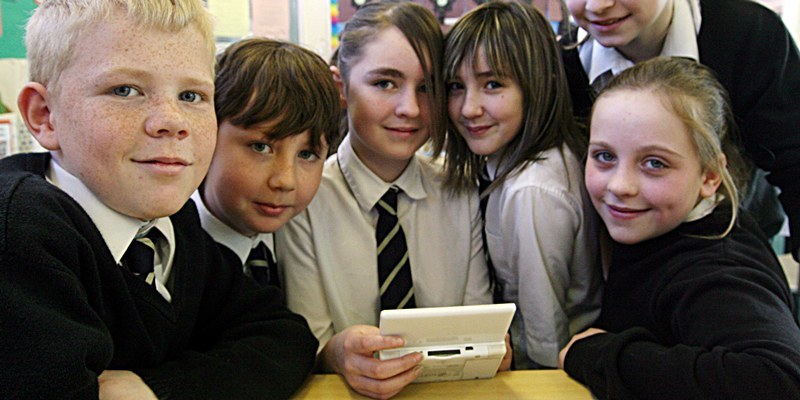A study by Learning and Teaching Scotland and Dundee University that found Dr Kawashima’s Brain Training for Nintendo DS could help improve primary pupils’ performance is to be published in the British Journal of Educational Technology (BJET).
In 2008, LTS worked in partnership with the university to carry out a detailed analysis of the effect of the game on primary school pupils’ numeracy attainment.
The full report, Educational benefits of using games consoles in a primary classroom: a randomised controlled trial, has been subject to a rigorous peer review process by international experts and has now been accepted for publication within the BJET.
The research concluded that a daily dose of the the game not only improved pupils’ attainment in computation, but also had beneficial consequences for their concentration levels, attendance and punctuality. More than 600 pupils and 32 schools across the country were involved in the project.
Derek Robertson, national adviser for emerging technologies and learning at LTS, said, “Using relevant, purposeful and motivating contexts for learning is at the heart of Curriculum for Excellence.
“I’m delighted that our article on this study has been accepted into the BJET and this research suggests that the informed, focused use of computer games can have a beneficial impact on learning.
“The study was held as a randomised control trial, meaning that its findings hold more credence than one that uses only handpicked schools.”
Dr David Miller, senior lecturer the university’s school of education, social work and community education, said, “Although some positive messages had previously emerged from research on computer games in school, few studies had reported performance data and none on this scale. Our findings show that schools are keen to harness the potential of games-based learning in this area and may do so with some confidence.”
